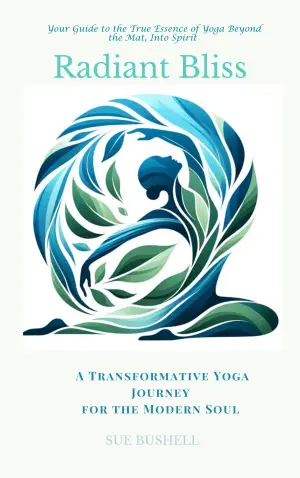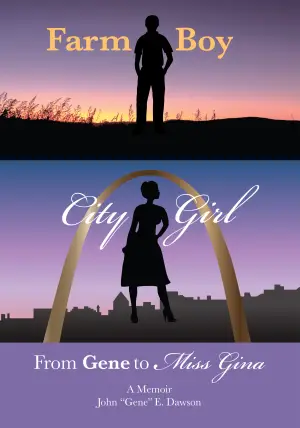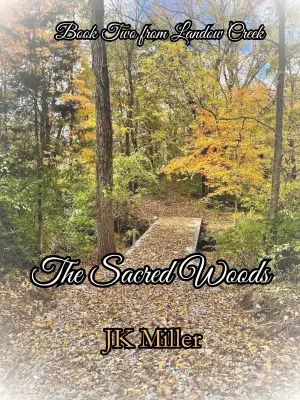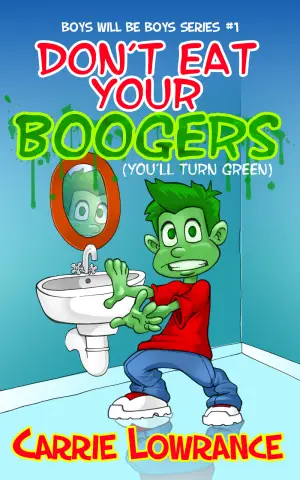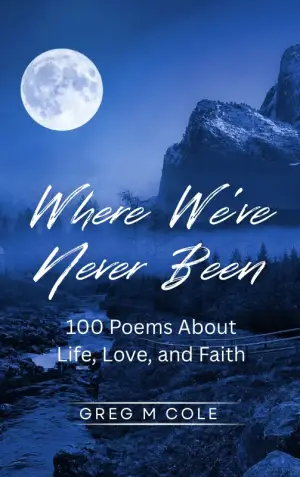A Personal Reflection on "The Hiding Place" by Corrie ten Boom
Growing up, I often heard whispers of a remarkable woman who risked everything for others during one of humanity’s darkest chapters. That woman is Corrie ten Boom, and her memoir, The Hiding Place, has long lingered on my reading list as a beacon of hope and resilience. Finally opening its pages felt like rediscovering an old friend, one whose story transcends time to remind us of faith’s unfathomable depths.
Corrie ten Boom was not just a watchmaker; she became a symbol of courage in the face of brutality. During World War II, Corrie and her family hid Jews in their home in Haarlem, defying the Nazis with an unwavering commitment to compassion. What struck me most was the sheer paradox of faith amidst horror. The Ten Boom home transformed into a sanctuary, even as the world outside was steeped in cruelty. The camaraderie, laughter, and music echoed in their walls, creating a stark contrast with the unfathomable realities just beyond their doors.
The themes of faith, love, and forgiveness permeate the narrative like a thread weaving through a tapestry. One of the most poignant moments comes when Corrie learns to thank God for "the fleas" in the concentration camp. This seemingly bizarre statement reveals a profound truth: gratitude can often blossom in the unlikeliest of places. It’s not simply a personal triumph; it’s a powerful message that resonates with our own struggles. We are often faced with daily “fleas”—the inconveniences and pains that can overshadow life’s blessings. Reading about Corrie’s journey reminded me of the importance of finding gratitude, even in the darkest hours.
Corrie’s writing style is intimate and warm; every page feels like a conversation over tea. The pacing flows smoothly, alternating between harrowing events and moments of quiet introspection, reflecting both the chaos outside and the peace within. I was drawn particularly to the tender dynamics between Corrie and her family, especially the unyielding faith of her sister Betsie, whose unwavering trust in God became a guiding light amid their suffering.
The testimonials from readers affirm the book’s profound impact—many recount how the lessons of love and resilience cling to their hearts long after the last page is turned. “There is no pit so deep that God’s love is not deeper still,” Corrie writes, and this sentiment serves as an anchor throughout her story.
As I close the cover on The Hiding Place, I find myself deeply transformed. This isn’t just a historical account; it’s a timeless reminder that light can penetrate the deepest darkness. I believe anyone who approaches this memoir with an open heart—regardless of faith—will find invaluable lessons about humanity, sacrifice, and the power of love.
Ultimately, The Hiding Place is more than just a book; it is a journey of the spirit and an invitation to reflect on our own lives. I wholeheartedly recommend it to fellow seekers of hope and inspiration. Corrie’s story is one that not only needs to be remembered but also shared, for in her narrative lies the resilience of the human spirit—a reminder that we can choose love, even in the face of overwhelming hate.


